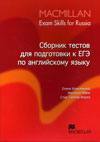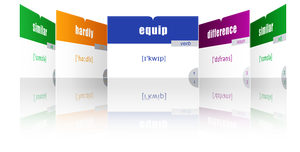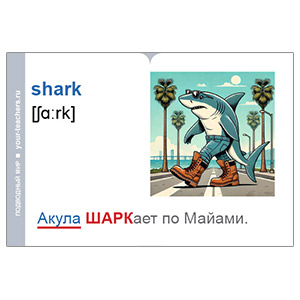Тест №10 по ЕГЭ. Английский язык. (Ответ) КЛЕКОВКИНА
- Подробности
- 48629

Прочитайте текст. Заполните пропуски в предложениях под номерами В4-В10 соответствующими формами слов, напечатанных заглавными буквами справа от каждого предложения. TEST 01-20 (part 1)
School Uniforms
|
B4 |
Do you have to wear a uniform at school or can you wear what you like? Many people believe that uniforms are better than casual clothes for children at school. Uniforms remind the children that they have to follow rules at school. |
GOOD |
|
B5 |
Casual clothes don’t do this. (present simple, т.к. общее утверждение) |
NOT DO |
|
B6 |
With all the children at school wearing the same clothes, children from rich families dress the same way as children from poorer families. (Participle I, “носящие”, подходит по смысловому контексту) |
WEAR |
|
B7 |
A uniform also creates a feeling that everyone at the same school is part of the same community. (present simple, т.к. общее утверждение) |
CREATE |
|
B8 |
In the 1960s and 1970s, many schools in Britain stopped having a school uniform because of the expense for parents. (past simple, т.к. определённое событие в прошлом) |
STOP |
|
B9 |
Since then, however, a number of these schools have brought uniforms back. (present perfect, т.к. событие еще не завершилось) |
BRING |
|
B10 |
Their new uniforms are more comfortable and more fashionable than uniforms were forty years ago. (past simple, т.к. речь идёт о конкретном событии в прошлом) |
BE |
|
B11 |
They're so popular that many of the head teachers at schools without uniforms are thinking now about bringing uniforms back there too. (present continuous, т.к. они думают в данный момент) |
THINK |
Read by Neuralnet








 Как правильно изучать английский язык по карточкам (статьи)
Как правильно изучать английский язык по карточкам (статьи)